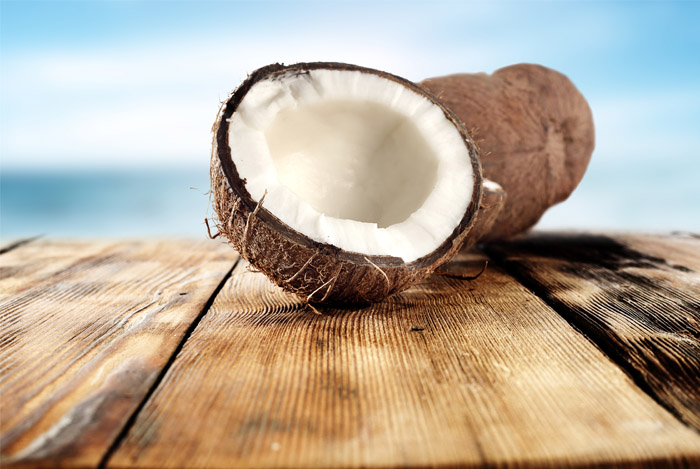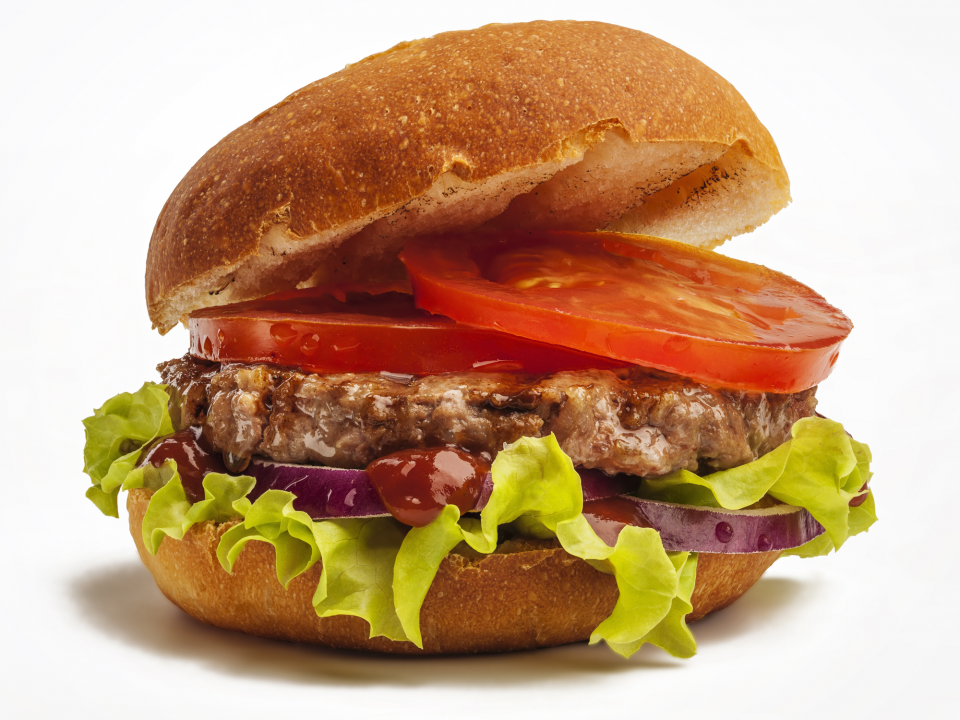
Nature’s Candy
March 12, 2017
Sugar, Taurine, and Artificial Ingredients, Oh My!
March 13, 2017It seems coconut is everywhere these days but coconut has been used for its medicinal properties for over 4,000 years. Studies show that the medium chain fatty acids found in coconuts make it a great healing food and should be consumed as part of a healthy lifestyle. Just as you need a variety of fruits and vegetables the same is true when consuming healthy fats. Ideally, you want a variety of healthy fats and coconut oil is one of them. Here is everything you need to know about all things coconut!
Coconut Aminos: This is used as a replacement for soy sauce. It’s made from the sap of coconut trees that’s been combined with salt.
Coconut Butter: When dried coconut meat is ground down into a very fine pulp (much more finely than coconut flour), the result is coconut butter. It can be used in place of nut butters and used in a variety of ways. When you buy coconut butter, it’s probably going to be solidified in the jar and have separated out into two layers: the upper layer (translucent) is oil and the lower layer (opaque) is the meat. Warm it up in a pot of hot water and stir to combine.
Coconut Cream: This is the fraction from coconut milk that separates out when a can of coconut milk without emulsifiers is allowed to sit still for a while. The cream component rises to the top and separates from the water. It’s different from coconut butter because it’s been strained and contains no fiber. Hint: makes a killer whipped cream substitute when whipped until airy!
Coconut Flakes: The dried meat from the coconut.
Coconut Flour: This is the dried coconut meat that’s been ground up with the fiber still intact. It’s used in gluten-free baking and as a thickener. In general, use the following ratio when adapting recipes for coconut flour: 1 cup white flour = 1/4 cup coconut flour.
Coconut Milk: When coconut meat is blended with water and strained, the result is coconut milk.
Coconut Sugar: Sugar derived from boiling and dehydrating the sap of the coconut palm. It contains more nutrients than table sugar and is lower on the glycemic index.
Coconut Vinegar: Vinegar made from fermenting coconut sap.
Coconut Water: The liquid drained out of a fresh, young coconut. Contains carbohydrates and electrolytes and makes for a good alternative to energy and sports drinks.
Coconut Oil: This is the pure fat from the meat of the coconut and comes in several different varieties based on which processing method was used to extract it.
- Virgin- Coconut oil obtained from raw coconut meat that hasn’t been heated.
- Extra Virgin– A term used to market and appeal to consumers as “higher quality” even though
- Refined- Usually treated with deodorizers, bleaches and other chemicals. It usually smells and tastes less like coconut. Very low quality refined oils are sometimes even hydrogenated to increase shelf life even further.
- Unrefined- Not treated with deodorizers, bleaches and other chemicals. Most virgin and extra virgin coconut oils fall into this category. They tend to have a stronger coconut flavor.
- Expeller- pressed– Coconut oil obtained from the manual pressing of the coconut meat, not by using chemicals.
- Cold-pressed– A process that separates the coconut oil from the raw coconut meat at temperatures below 60⁰C.
- Organic-Coconuts were grown without the use of pesticides, insecticides, etc.
Choose organic, virgin (unrefined), cold-pressed coconut oil for non-heat or low-heat cooking & expeller- pressed coconut oil for high-heat cooking.





